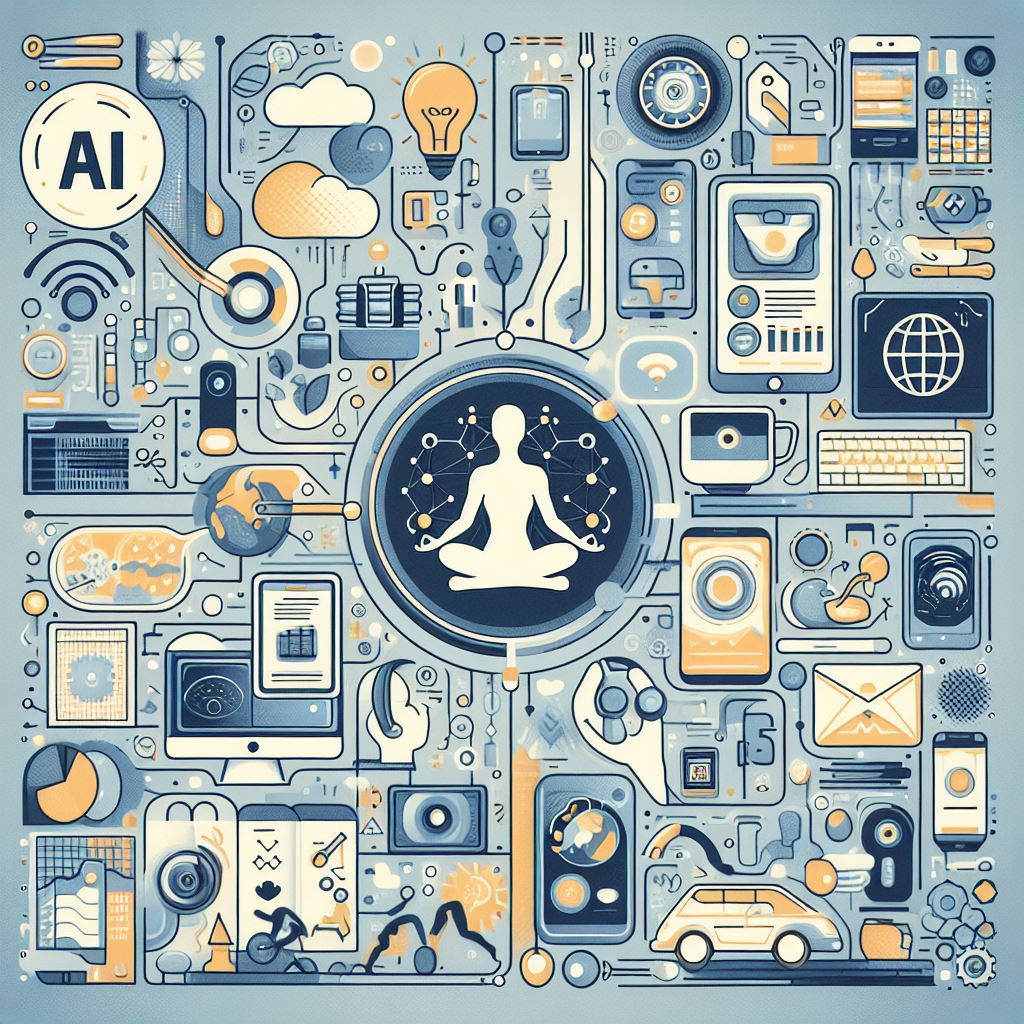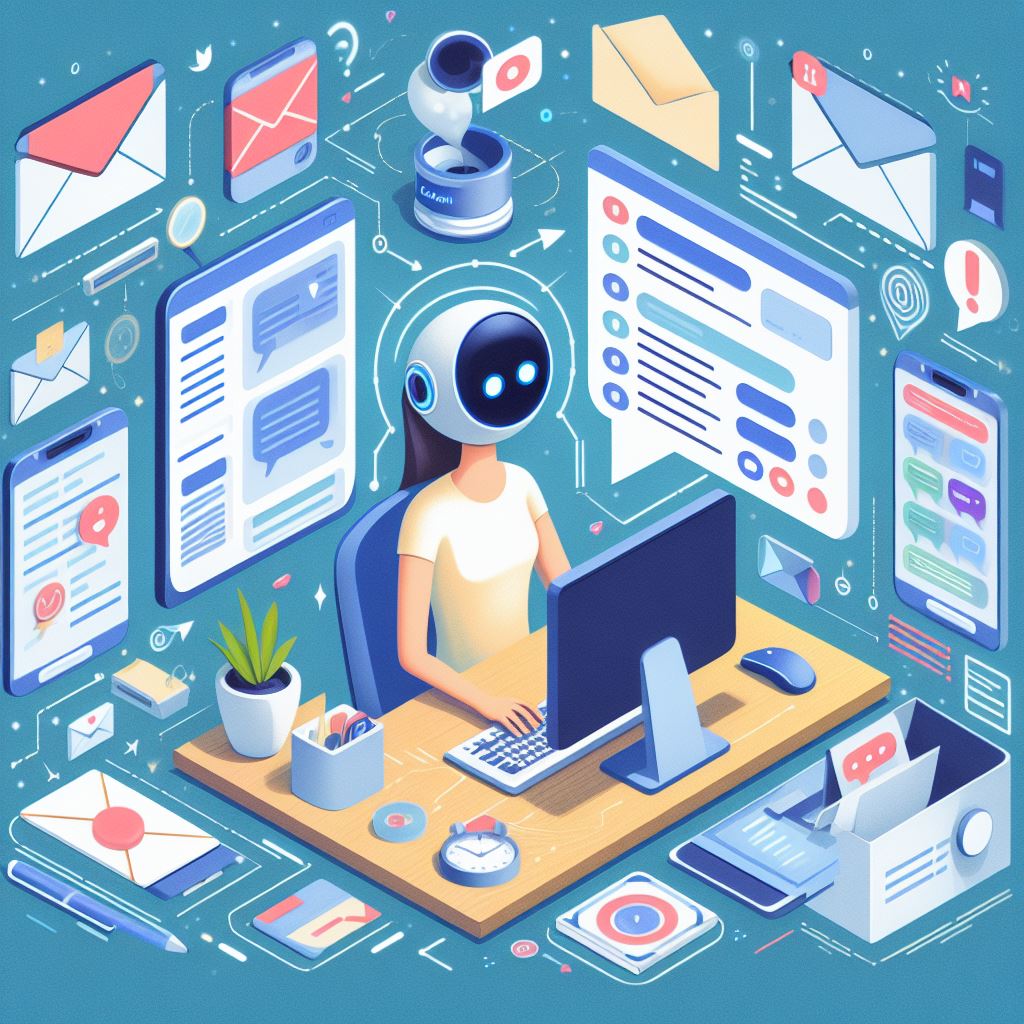Gone are the days of poring over dusty tomes and endless keyword searches. The information age has ushered in a powerful ally: artificial intelligence (AI). This transformative technology is not just for self-driving cars and chatbots; it’s revolutionizing the way we gather and synthesize information, particularly in research.
But how exactly does AI enhance your information gathering process? Let’s dive into three key ways:
1. Dive Deeper, Faster: Mining the Knowledge Ocean
Traditional keyword searches often yield an overwhelming torrent of information, both relevant and irrelevant. AI-powered tools go beyond keywords, using natural language processing (NLP) to understand the context of your query. Tools like Scite and Iris AI scan vast databases, identifying not just keywords but also semantic connections and patterns. This translates to precisely targeted results, saving you precious time and frustration.
Imagine researching climate change. Instead of wading through countless articles on fossil fuels, AI can identify connections between rising temperatures, ocean acidification, and coral reef bleaching, uncovering hidden insights and leading you to more nuanced, impactful sources.
2. Curate with Confidence: From Chaos to Clarity
Information overload is a modern malady. AI assistants like Lexalytics and Luminoso act as your personal research librarian, organizing and summarizing mountains of data into digestible chunks. AI can extract key themes, identify opposing viewpoints, and even highlight potential biases, giving you a holistic understanding of the topic at hand.
This is invaluable for navigating complex subjects like economic policy or historical debates. AI helps you see the bigger picture, make informed connections, and identify gaps in your knowledge, guiding you towards a more comprehensive understanding.
3. Generate New Pathways: Spark the Creative Flame
AI isn’t just a retriever; it can be a creative collaborator. Tools like Spark and Cohere use algorithms to analyze existing research and generate new hypotheses, questions, and even potential research directions. This can be a game-changer for anyone seeking to break fresh ground or explore under-researched areas.
Imagine researching renewable energy solutions. AI might suggest analyzing correlations between energy production and geographic factors, or propose investigating the feasibility of emerging technologies like bio-batteries. This spark of inspiration can propel your research towards innovative avenues and groundbreaking discoveries.
Remember, AI is a tool, not a replacement for critical thinking and human expertise. Be mindful of potential biases and limitations, and don’t blindly accept everything an AI throws your way. But used wisely, AI can be a powerful ally in your information gathering journey, helping you navigate the ocean of knowledge with efficiency, clarity, and even a touch of creative spark.
So, the next time you embark on a research quest, don’t just hit Google. Harness the power of AI to dive deeper, curate with confidence, and ignite your research path with cutting-edge insights. The future of information gathering is here, and it’s powered by intelligence, both artificial and human.













